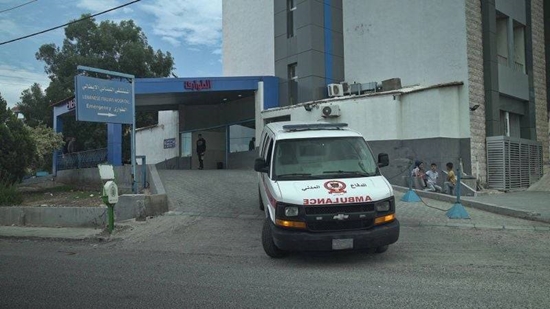Lebanon: a conflict particularly destructive to health care

Since October 7, 2023, Lebanon has experienced a staggering rate of fatal attacks on healthcare, with 47% of the 137 reported incidents resulting in the deaths of health workers or patients—significantly higher than the global average of 13.3%. In total, 226 individuals were killed and 199 injured in Lebanon during this period. The majority of these attacks (68%) affected health personnel, with a substantial impact on health transport and facilities.
The ongoing conflict has severely strained Lebanon's healthcare system, with 15 out of 153 hospitals either non-operational or partially functioning. This crisis follows years of turmoil, further crippling a system already burdened by multiple challenges. The World Health Organization (WHO) emphasizes that attacks on healthcare violate international humanitarian law, which mandates the protection of health workers and facilities in armed conflicts. WHO representatives have called for accountability and adherence to principles of precaution, distinction, and proportionality in conflict situations.
Globally, from January 1 to November 18, 2024, there have been 1,246 attacks on healthcare in 13 countries, resulting in the deaths of 730 individuals and injuries to 1,255. The WHO warns that the long-term consequences of such violence extend beyond immediate casualties, affecting ongoing health services and leading to missed treatments and preventable deaths.
Copy short link:



Comment